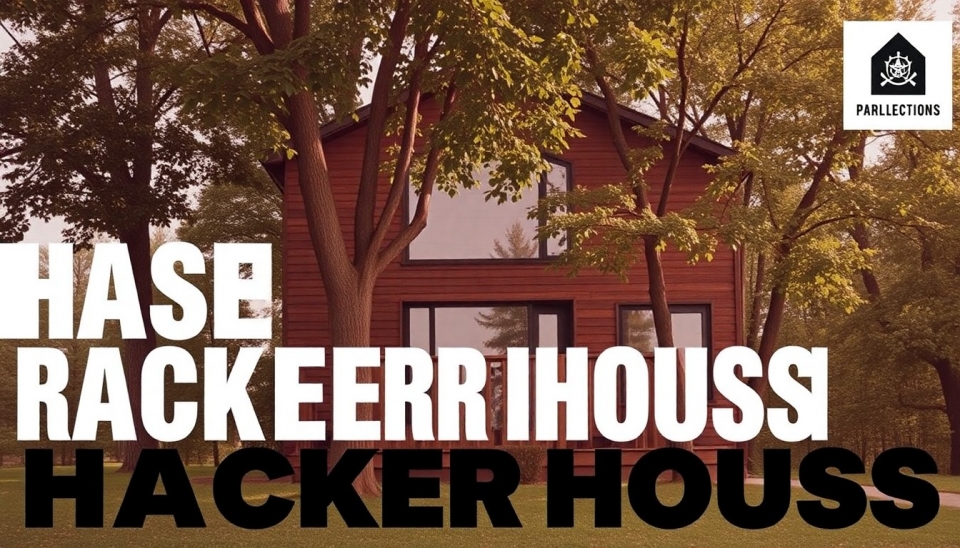
In the ever-evolving landscape of technology startups, a novel phenomenon known as "hacker houses" is gaining momentum, reshaping how innovation is fostered and developed. These communal living spaces for tech enthusiasts and entrepreneurs are designed to nurture creativity and collaboration, providing a unique environment ripe for groundbreaking ideas.
Hacker houses typically feature shared living arrangements that combine work spaces and communal areas, allowing residents to live and breathe their projects. They aim to replicate the nurturing and immersive atmosphere often found in renowned tech incubators, providing both the space and community that young entrepreneurs crave. As tech hubs proliferate, these spaces are emerging not just as residences but as vibrant ecosystems for budding startups.
One of the driving forces behind the popularity of hacker houses is the changing dynamics of the workforce. With an increasing number of individuals seeking flexible work arrangements, traditional office environments are losing their appeal. These hacker houses offer a solution—a place where work feels less like a job and more like a collaborative adventure. The synergy generated in these homes can lead to spontaneous brainstorming sessions, innovative problem-solving, and swift execution of ideas.
The entrepreneurial spirit is further fueled by the accessibility of resources and mentorship within these communities. Many hacker houses are anchored by experienced founders and investors, who contribute their insights and expertise to help nurture nascent companies. This supportive environment is crucial for young innovators who often navigate the complex world of startups with limited guidance.
Not only do hacker houses provide invaluable networking opportunities, but they also foster a sense of belonging among like-minded individuals. Residents often engage in skill-sharing practices, exchanging knowledge on everything from coding to marketing. This collaborative approach not only accelerates individual learning but also builds a strong foundation for team dynamics—a key element in launching successful ventures.
However, as the trend gains traction, challenges arise in ensuring the sustainability of these environments. The influx of talent into hacker houses can lead to overcrowding and competition for resources. Moreover, maintaining a balance between collaboration and personal space is essential for maximizing productivity and creativity.
Yet, the allure of the hacker house remains strong. As these tech utopias evolve, they continue to attract a diverse array of individuals—from aspiring developers to seasoned entrepreneurs—all keen on sharing their journey and experiencing the excitement of building something novel together. With intensified focus on innovation and collaboration, hacker houses may indeed hold the key to unlocking the next wave of technological advancements.
As we look ahead, the implications of this movement could be far-reaching, influencing not only how startups are born but also how the future workforce interacts and collaborates. In a world where the lines between home and work are increasingly blurred, hacker houses are setting the stage for a new era in the tech industry.
Embracing the hacker house culture may just be the catalyst needed to inspire a generation of changemakers, innovating at the intersection of technology, community, and creativity.
#HackerHouses #TechStartups #Innovation #Collaboration #Entrepreneurship #TechCommunity
Author: Liam Carter




